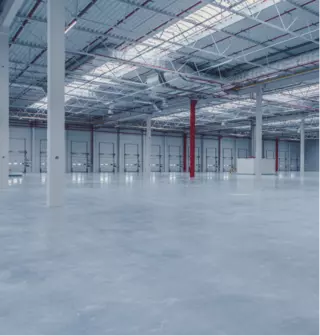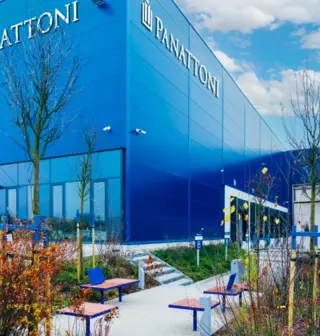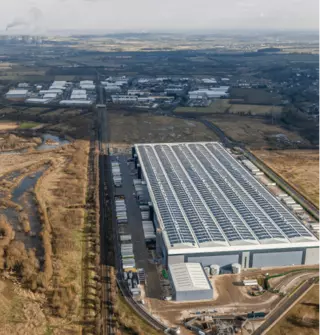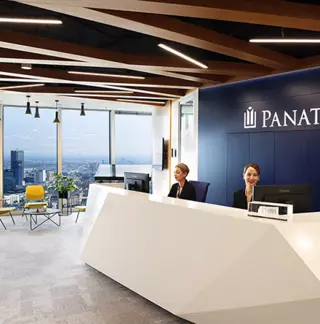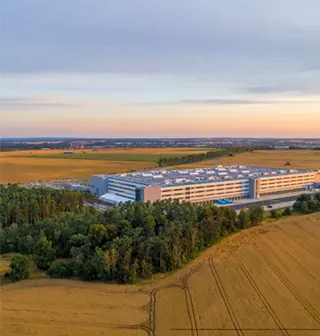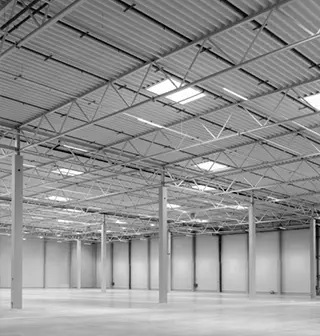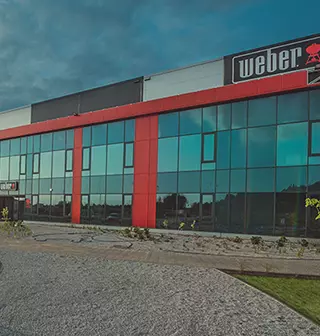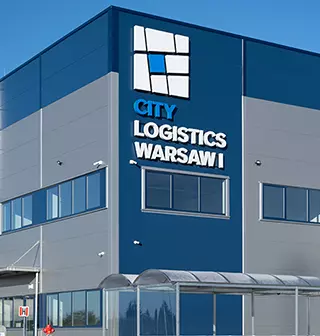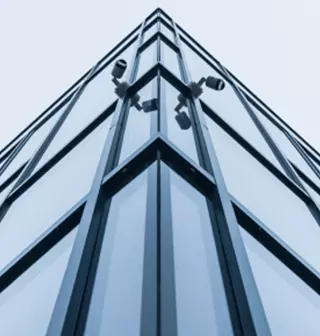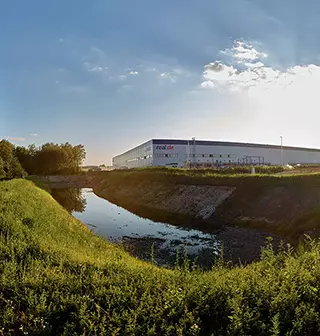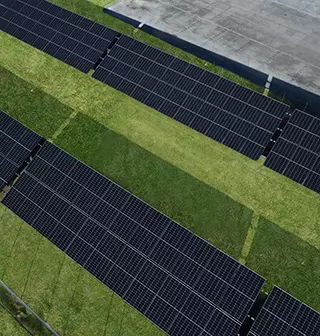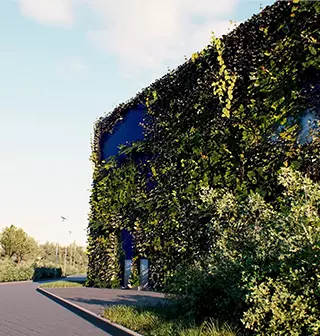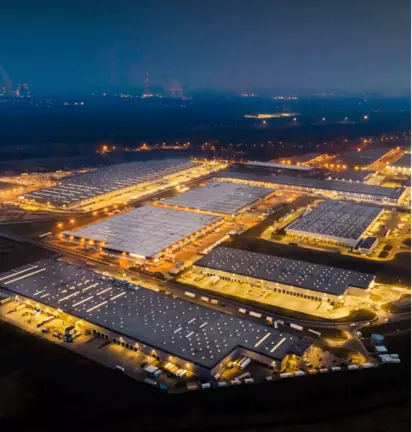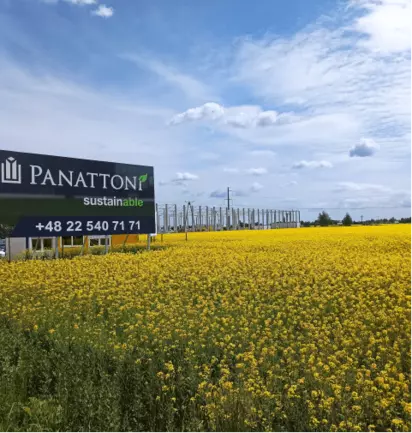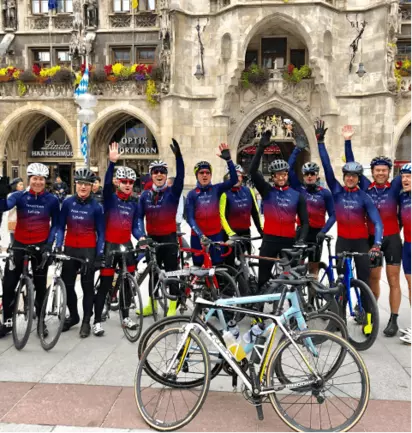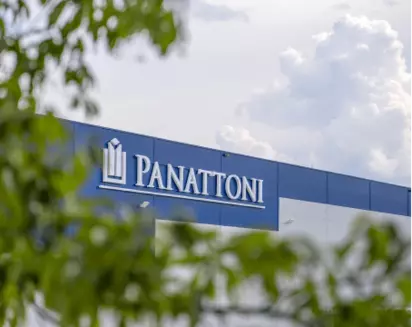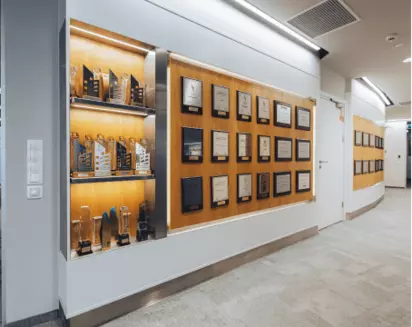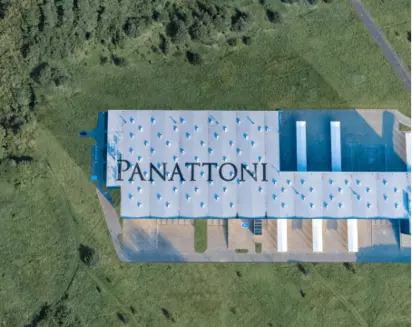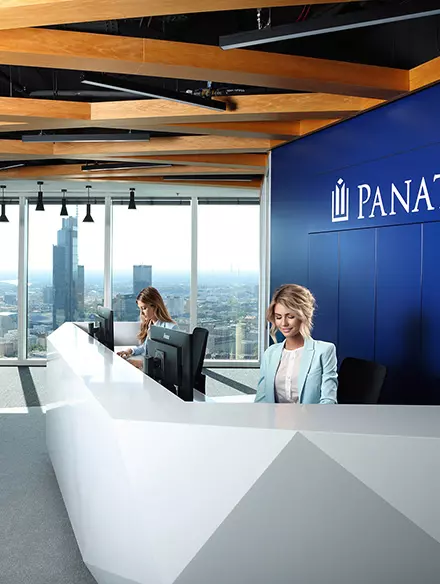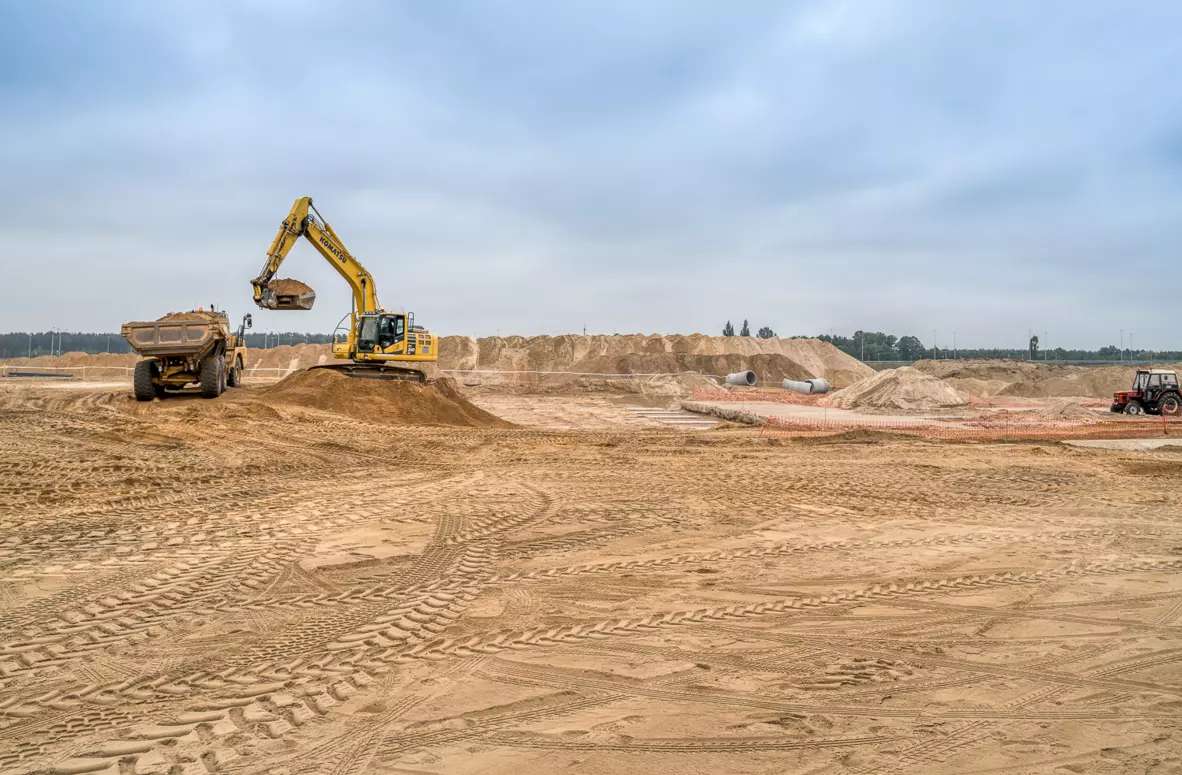
Panattoni, the market leader in industrial real estate in Europe, had a busy third quarter, marked by the development of e-commerce and manufacturing space. At the end of September, the company had 1.5 mln sqm of warehouse space under construction across Europe. Panattoni also started the construction of a distribution centre for Amazon in Schortens (Germany), as well as of the Wakefield 515 speculative project in Yorkshire (UK). In Poland, the developer began construction of a production facility for Danfoss Poland, carried on with work on a grill factory for Weber, and continued the development of e-commerce space at its parks as well as in its BTS projects.
Busy times in Europe. At the end of Q3, Panattoni had 1.5 mln sqm of industrial space under development. The company continued to increase its operations in Germany and the UK, where it carried on with work on Wakefield 515 – the largest speculative warehouse construction in the North of the country. The 48,000-sqm building is ideally located to serve the regional and national markets and will feature a number of sustainable solutions, including rainwater harvesting. Also in the UK, the developer is building the second stage of the Crewe Commercial Park, which will add another 28,000 sqm to the 22,000 sqm built in the first phase.
In Germany, besides starting construction of the fifth distribution centre for Amazon in the Jade Weser Park warehousing facility, Panattoni continued work on two key speculative developments, both of which are brownfield projects. The first one, in Verden, comprises two industrial buildings with a total area of 60,000 sqm; the second one, in Essen, includes over 20,000 sqm of industrial space. In Ladenburg, work is in progress on a 54,000-sqm logistics facility for Neska. The technologically advanced facility will be served by semi-automated forklifts designed to work in its narrow aisles, and photovoltaic panels are to be set on the roof of the building.
Panattoni was also active in the Czech Republic, where the company has several developments, including the 25,000-sqm smart factory for Kion Group in Stříbro. Europe’s most sustainable industrial complex – Panattoni Park Cheb South – was BREEAM certified with a rating of ‘Outstanding’.
Work in progress in the Netherlands and Spain. Even though Panattoni has been active in these two markets for less than a year, it has already managed to make its presence felt. In the third quarter, the company’s arm in the Netherlands continued development of a 43,000-sqm ultra-modern distribution centre in Venlo South. The developer also worked on an important project for Ridderkerk in Southern Rotterdam, which will have an area of 40,000 sqm. In Spain, Panattoni continued work on two projects: a 28,400-sqm industrial park in the Spanish village of Torija, close to the A2 (Madrid–Barcelona) motorway, and a 34,000 sqm Logistics park in Vitoria, which is strategically located for transport between the Iberian Peninsula and the rest of Europe. Panattoni is planning to intensify its activity in both countries, as their markets are expected to be fuelled by the growth of e-commerce.
Polish share in the development. Panattoni has dynamic Polish operations. The space under construction includes among others 52,000 sqm for Globalway (part of Costway group) in Panattoni Park Tricity East IV and a 67,000-sqm BTS project in Czeladź, which is being customized for a sports fashion and accessories manufacturer. Projects nearing completion include a technologically advanced factory (15,000 sqm) for Phoenix Contact e-mobility in the Rzeszów-Dworzysko Science and Technology Park and a grill factory for Weber in Zabrze. Panattoni is also expanding its City Logistics segment, having recently started development of City Logistics Warsaw (11,000 sqm) and the Logistics Warsaw Airport II warehouse project (9,000 sqm).
As Robert Dobrzycki, CEO from Panattoni commented: ‘The scale of Panattoni’s development across Europe is, on one hand, the evidence of the resilience that this sector is showing against the headwinds created by the pandemic; on the other, it reflects wider economic trends. The volume of space dedicated to e-commerce has significantly increased, demonstrating a 20 pct growth across our development portfolio in Q3. The involvement of production companies increased, as well as of distributors, always dependent on imports, who were impacted by supply chain disruptions in the first phase of the pandemic.’ He adds: ‘2020 is a year of revolutionary changes, which made the industrial sector the most attractive segment of real estate.’
To date, Panattoni has developed projects in Europe with more than 10 million sqm of modern warehousing and manufacturing space, including 7.6 million sqm in Poland. E-commerce projects make up a third of that amount – a share which the developer only expects will increase. According to the “Europe 2020: Ecommerce Region Report”, e-commerce in Europe is expected to be worth EUR 717 billion at the end of 2020. This translates to an increase of 12.7 pct y-o-y, but according to Ecommerce Europe, the full impact of the coronavirus pandemic has yet to be seen. Although the e-commerce market is more developed in Western Europe, as the region handles 70 pct of the e-commerce sales in Europe and has the largest percentage of people who shop online (94 pct in UK and 84 pct in Germany and the Netherlands), it is Eastern Europe that is now recording the largest growth, with 30 pct growth in Romania and Bulgaria, for example. The market is also rapidly developing in Spain, with 29 pct growth. The “E-commerce in Poland” report carried out by Gemius and the Chamber of Electronic Commerce (Izba Gospodarki Elektronicznej) in H1 2020 shows that 73 pct of internet users in Poland shop online, that is an 11 pp increase compared to the previous report. In light of this, the growth of the e-commerce sector at the end of this year may be much higher than the previously forecasted 18 pct.
